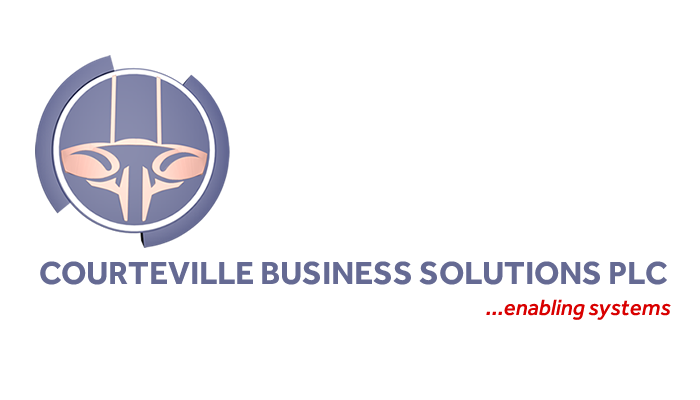For a small business, a website isn’t just a digital listing. It’s a marketing tool, a storefront, and an information kiosk all rolled into one. And a great website (usually created by using the best website builder coupled with the best web hosting service) draws more eyeballs than any flyer or ad in the penny saver or acrobat balancing company pens outside the chamber of commerce ever could.
Apple, the local guitar teacher, and the fruit cart next to the bus stop: all have websites. It’s nearly impossible for a business to exist, let alone thrive without one. If your small business needs a new website or doesn’t have one at all, here are things you need to know to get it properly built and working hard for you, and separately check out our list of the best small business website builder providers and our list of the best small business web host out there.
Have a purpose
Like any tool, your website has a purpose. Before beginning any construction, make sure you know what it is. Is it a platform for selling your craft aprons? Is it a microphone to broadcast your status as a thought leader? Is it a way for customers to view your credentials? And how will your website serve your customers, both current and potential? What competing sites do they visit and what are the keywords they use to find them? Get specific; quantify your needs. A focused, purpose-built website will capture more customers than a mish-mashed aggregate of personal information.
Keep your friends away from your website
Don’t hire cousin Jodie or your best friend’s art school roommate to build your website. Cheap hires make cheap-looking websites, regardless of their intentions. Your website will be (at the very least) the face of your business. It’s the last place you should cut corners. Either build the website yourself using the best website builder and the best web hosting tool available, which are very affordable, or hire a vetted professional web developing company like www.hostbility.com
It takes time
Content is king
ABC: always be contenting. Search engines love fresh, relevant content and so will your customers. Regular updates are the best way to drive eyeballs to your site. But if you don’t have a plan for regularly updating your “Thoughts & Musings” section, don’t have one at all. Old blog posts and expired offers will make your business look like it’s out of business.
Mobile is a must
Most people now access the Internet through their mobile devices. Google knows this, which is why a website’s mobile-friendliness affects its search ranking. Don’t cut your website off at the knees. Make sure it will load properly on phones and tablets. If you don’t know how to mobile-enable, there are plenty of resources that can help. And most CMS platforms have plugins that will “turn on” a mobile theme if your website detects a mobile visitor.
SEO or else
Think of the search engine as the bus new customers take to get around the Internet. If your website isn’t on the route, new customers will never know your business exists.
If your website plan includes good, continuously updated content and mobile-friendliness, you’ll likely have a well-lit, easily-seen search engine bus stop. You can improve it even further by inputting descriptive keywords into your page URLs (name the page “about us” instead of “page 2”, for example) and by link sharing with other websites. (Though you should do this sparingly and only with relevant websites. And forget about a “Links” page. Google will think it’s cheating.)
Avoid redundancy too. Pages without distinct identities will compete with each other in search results. And last but not least, include a review section and encourage your customers to use it. Search engines will consider the amount of feedback your business receives when they compile their rankings.
Use analytics from day one
Use performance tools like Google Analytics(opens in a new tab) as soon as the website launches so you can immediately see what’s working and what isn’t. More information will only help you make better decisions. Data and analytics (D&A) play an essential role in improving the accuracy and effectiveness of business decisions by expanding the information that is available to decision-makers.




